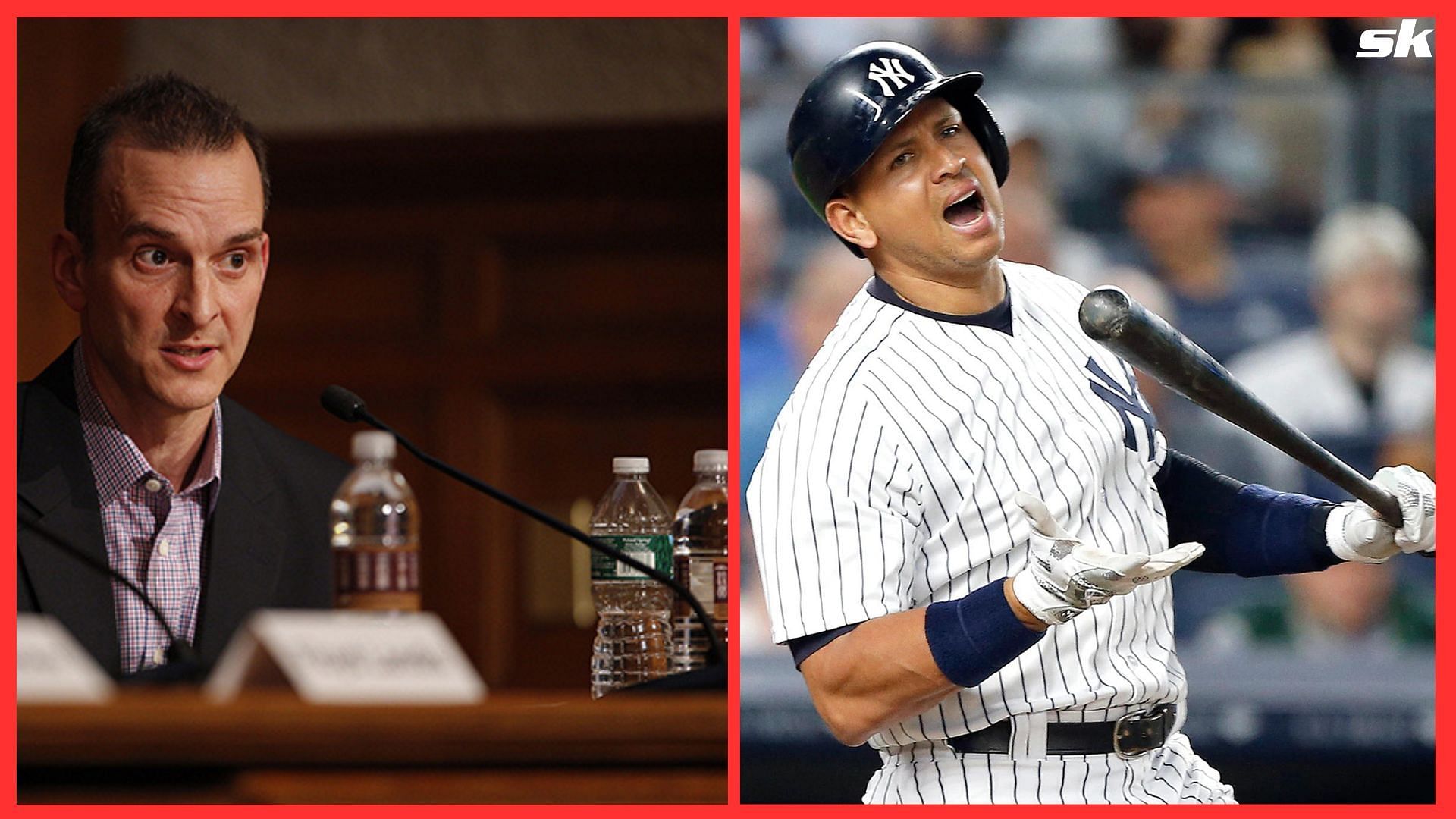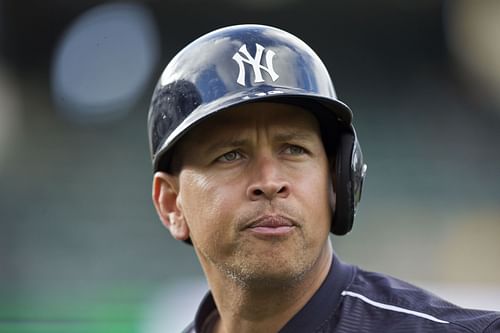
When USADA CEO pulled no punches as Alex Rodriguez's PED scandal put his career in jeopardy
The world of baseball has been marred by a series of scandals and controversies, shining a spotlight on the dark underbelly of the sport.
From Alex Rodriguez's performance-enhancing drugs to illicit dealing scandals, the pursuit of fortune and fame has driven many in the MLB to engage in dishonest practices, putting the integrity of the game at stake.
Travis Tygart, the head of the U.S. Anti-Doping Agency (USADA), knows all too well the constant battle against those who seek to defraud the world of sport. In 2014, Tygart described these individuals as "down and dirty, nasty people" who will go to great lengths to evade detection and profit from their deceitful actions.
“That’s what we live with day in and day out,” Tygart said. “These are down and dirty, nasty people who are trying to defraud the world. And it’s an ugly business. It’s having to confront drug dealers who are doing everything possible to defeat the system, ultimately for money.”
One notable scandal involved Alex Rodriguez, a three-time American League Most Valuable Player and the highest-paid player in baseball history.
The revelations surrounding Alex Rodriguez's involvement with the South Florida-based clinic Biogenesis shed light on a web of connections between athletes and banned substances.
Tony Bosch, the clinic's owner, initially denied any knowledge of performance-enhancing drugs (PEDs) but changed his stance when faced with a lawsuit from the MLB.
Alex Rodriguez's defense of steroids

In the world of MLB, few players have generated as much controversy and divided opinions as Alex Rodriguez, often referred to as A-Rod.
Throughout his career, Rodriguez has been embroiled in scandals and displayed a pattern of narcissistic and egotistical behavior that raised questions about his integrity and performance.
The first major blow to Rodriguez's reputation came in 2003 when he was named by four independent sources in a MLB investigation as having used anabolic steroids.
Despite the findings, Rodriguez refused to address the accusations, deflecting reporters to the players' union.
For Seattle Mariners fans, the news of Rodriguez's involvement with steroids did not come as a surprise. During his time with the Mariners, he constantly sought attention and clashed with beloved player Ken Griffey Jr.
His subsequent betrayal of the team and fans by signing a lucrative contract with the Texas Rangers further solidified his reputation as a self-centered individual.
In Texas, Rodriguez's enormous contract left the team unable to compete effectively. He then demanded a trade to the New York Yankees, where he enjoyed individual success but was isolated from teammates and management.
Former Yankees manager Joe Torre even criticized Rodriguez in his book, highlighting the strained relationships within the organization.
Rodriguez's off-field exploits, including alleged affairs and personal scandals, only added to his negative image.
His actions fueled the perception that he prioritized his own interests over the team and the sport itself.
As the public contemplates how to respond to Rodriguez's transgressions, comparisons to another disgraced player, Barry Bonds, arise. While Bonds faced public backlash for his alleged steroid use, his abrasive personality played a significant role in his vilification.
Rodriguez, in contrast, does not carry the same level of animosity, though his actions have certainly tarnished his legacy.
Alex Rodriguez's talent and statistics may be impressive, but they are overshadowed by his personal transgressions and questionable ethics. As fans reflect on his career, they will continue to debate his place in baseball history and the significance of his impact on the sport.